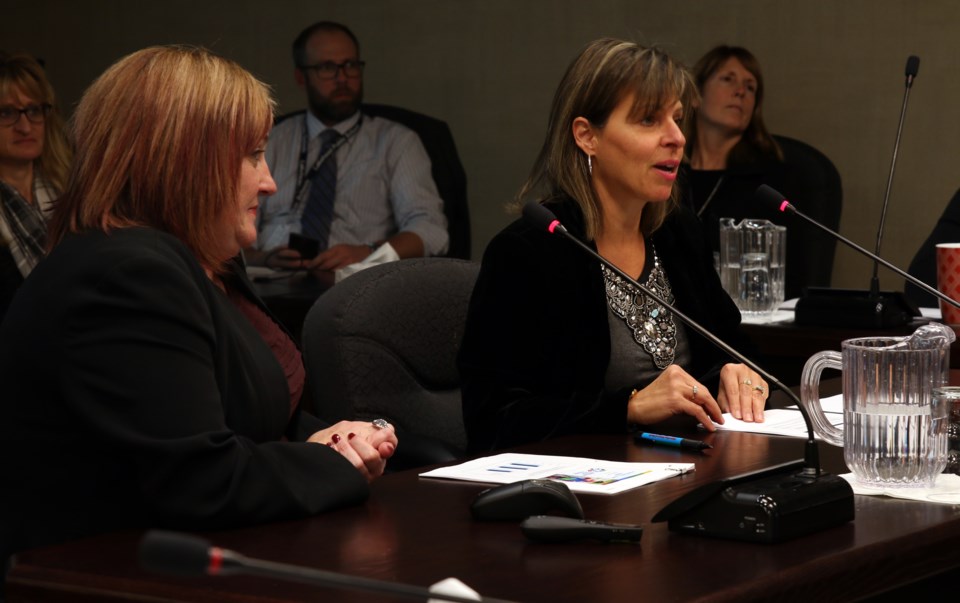THUNDER BAY -- The literacy gap between Grade 10 girls and boys at the Lakehead District School Board has been nearly closed in only four years.
An eight per cent gap between boys and girls in the 2011-2012 year showed 84 per cent of girls succeeding to provincial standards on the Grade 10 standardized literacy test compared to 76 per cent of boys.
The latest 2015-2016 results show that gap has narrowed to only three per cent with girls performing at 83 per cent and 80 per cent of boys joining the pack.
Combined, their results exceed the provincial average by one per cent.
"I think it's absolutely important that we've been able to basically eliminate the achievement gap between boys and girls when they're writing the OSSLT in particular," said board superintendent of education Sherri-Lynne Pharand.
Pharand said a new pre-test students take in Grade 9 helps the board identify those who need assistance early and that intervention is responsible for improved scores.
Education Quality and Accountability Office representatives have been poured over new data with Lakehead board this week, examining both broad trends and sharing the data of individual students among teachers.
EQAO chief assessment officer Lisa Walsh praised the board's growth in academic level test scores, particularly in mathematics among Grade 3 and 9 students, as children across the province are struggling with the subject.
Even as the board celebrated closing the gender gap, Walsh warned staff to be vigilant another gap doesn't become exacerbated between the top students and others through expectations.
"We have to be careful that when we know people well that we don't kill them with kindness. 'Well, this child is struggling so I'm going to not be as rigourous with them academically' because what happens is, it results in lower expectations," she said.
"Lower expectations means the child knows they don't have to work as hard so we need to have the same high expectations for our high-achieving kids as we do for our low-achieving kids."
Pharand conceded the risk exists of not pushing some students as hard as those who show the most potential but she confirmed the board's staff is committed equally to every student.
"Kids live up to the expectations we have of them as adults so we need to remember that sometimes kids might need more steps in order to get to the high expectation but they all can get there," she said.
"That's something as educators that we're always working on. it's an important part of our belief system and you'll see it reflected right in our board's mission when we say we believe all children can learn."
